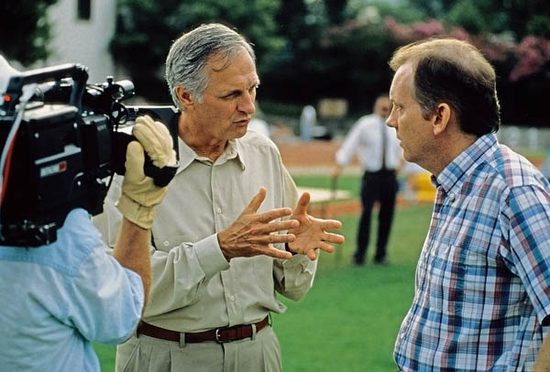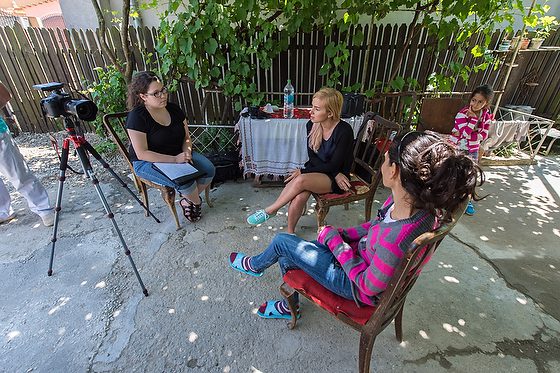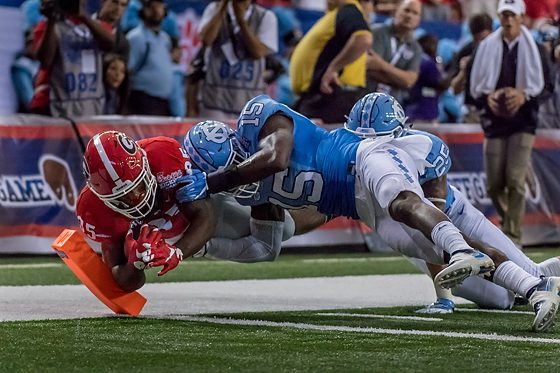
Georgia Tech vs Tennessee
Scoring a touchdown is about knowing where your goals are in the game.
Before the football team steps onto the field, they will practice for many months together. When they execute a play, they know what they are doing and trying to accomplish to win the game.

Before you turn the camera on and start your interview, you must practice. You need to interview your subject, and from what you learn, you formulate your questions so that the responses help convince the audience of what you want them to know, just as a lawyer does to convince a jury of what they want them to learn about their client.
You do not want to sit down, turn the camera on, ask the subject, “What is your story?” and expect them to give you a brief, well-thought-out presentation.
Get to know your subject
Even before you sit down and talk to the subject for the first time, do all the research you can on the subject. Sometimes there have been other interviews with the person you can read or watch.
Other than learning about the subject being the person, learn all you can about the story’s topic. If they are a coffee farmer, then learn all you can talk about coffee.

The more you know, the better questions you will ask. I like to say you are peeling an onion. Each question gets you closer to the core of the onion.
You are not just asking questions to find out everything about the subject. You are trying to find the thread that will keep someone interested in them as you reveal more and more about them to the audience.
The Bourne films are a series of action spy thriller movies based on the character Jason Bourne, a CIA assassin suffering from extreme memory loss who must figure out who he is.
To keep the audience’s attention and pull them into your story, you may often hold out on the juicy part of the story towards the end as they did in the Jason Bourne movies.
Your Goal
You know you are ready for the on-camera interview when you have your storyline figured out from your informal discussions.
Like a lawyer who calls witnesses and interviews them to reveal in their own words the content that will help build the storyline so that the jury has no choice but to make the right call. Like a lawyer, you may need to put different people on the witness stand to help build your story.

Now it is pretty standard that even when you have done all your homework, in the camera interview, subjects can surprise you with new content that improves or even complicates the story.
Be flexible and be sure you are listening to what they are saying.
Ideally, it would be great if someone could tell you what you need and leave out all those trails that lead nowhere. I have found time and time again that towards the end, I have asked them to summarize what we just talked about, and they often, in one take, say precisely what I need.

You see, it can be just like a football game. The players have practiced so often that the coach calls the play, and you get the touchdown.
